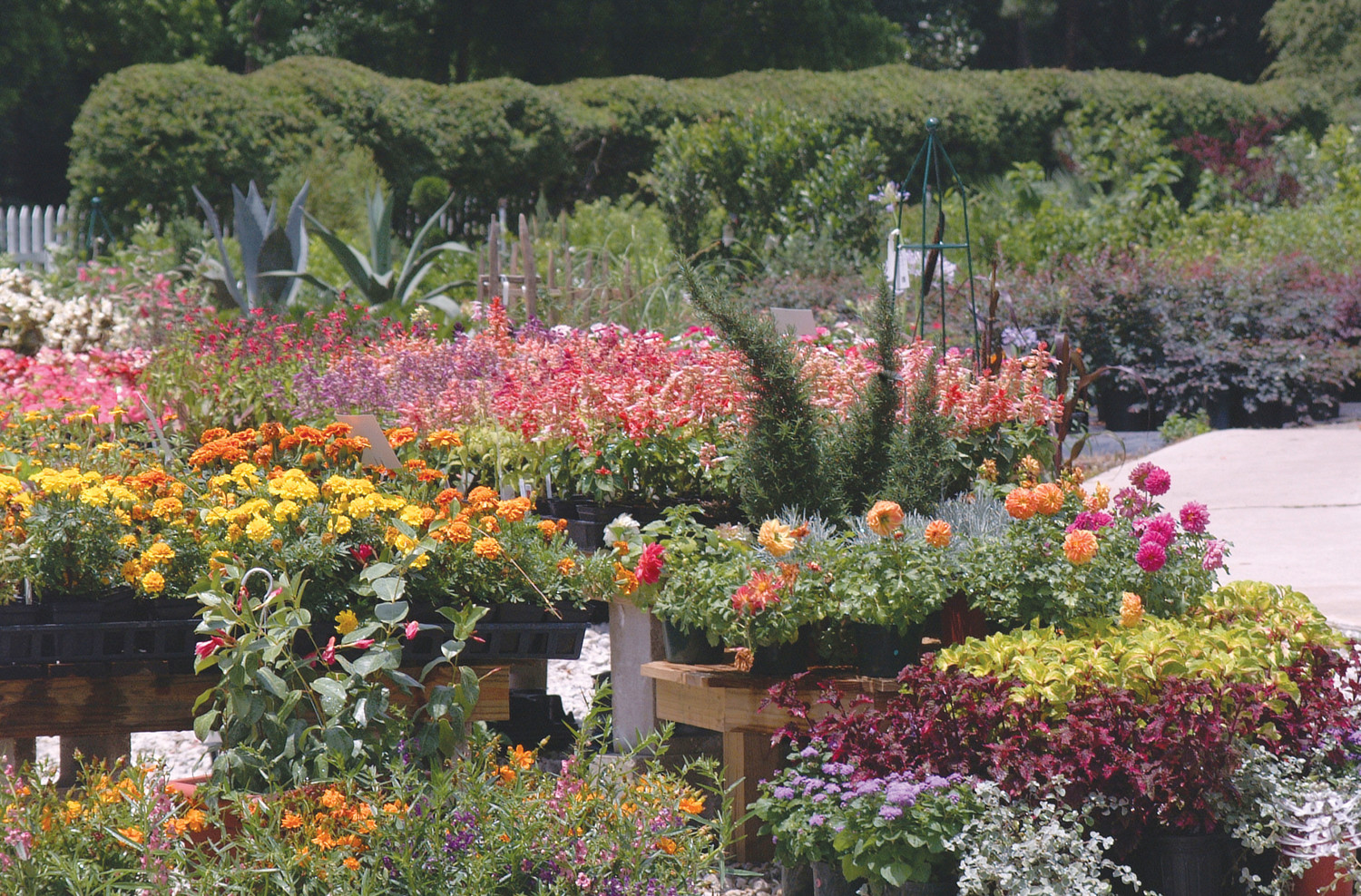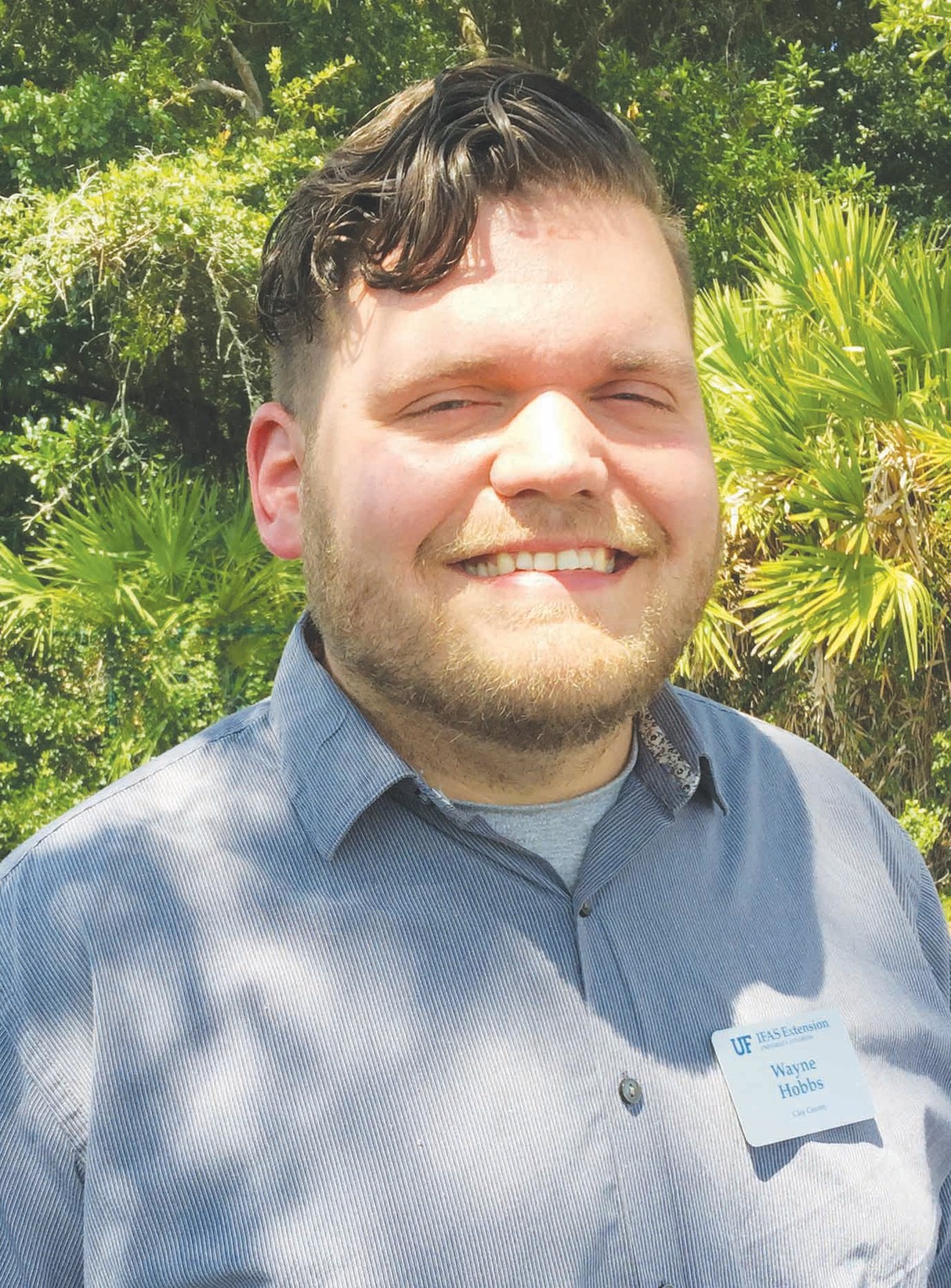Choose wisely: buying the right plant
GREEN COVE SPRINGS – If you walk into a garden center or nursery, the options in Florida can be overwhelming. There are hundreds of varieties of trees, shrubs, flowers and grasses available, so …
This item is available in full to subscribers.
Attention subscribers
To continue reading, you will need to either log in to your subscriber account, below, or purchase a new subscription.
Please log in to continueDon't have an ID?Print subscribersIf you're a print subscriber, but do not yet have an online account, click here to create one. Non-subscribersClick here to see your options for subscribing. Single day passYou also have the option of purchasing 24 hours of access, for $1.00. Click here to purchase a single day pass. |
Choose wisely: buying the right plant
GREEN COVE SPRINGS – If you walk into a garden center or nursery, the options in Florida can be overwhelming. There are hundreds of varieties of trees, shrubs, flowers and grasses available, so the question comes up: “What do I look for?”
Choose Plants for Your Yard
The first step in determining if the plant that catches your eye will work for you is to ask “Will it work for me?” Think about the mature size of the plant in the space you want to plant it as well as its needs. You will always have poor results if you try to put a specimen in a location where it does not get the right amount of light or moisture.
Also, make sure the plant will survive our winters or summers. Clay County is in USDA Hardiness zone 9a, so if the plant’s tag does not have this in its range, stay away unless you can protect it. For example, a plant with a range of 8-11 would work well but ones that list 6-8 would struggle through our summers and those with 10-11 will not make it through the winter outside.
Finally, do some research before you buy a certain variety and look for common issues such as pests and diseases. For some plants they have been specifically bred to reduce these problems and may be a better choice than older, more susceptible varieties.
Knowing your yard and its characteristics will make this easier and if you put the right plant in the right place, you will have good landscape success, less maintenance and hopefully save you some money.
Choosing the Best Plants
After choosing your specimens, look at each plant available to choose the best for your landscape. Choose those that have the best overall form and health. Check for insect pests, leaf spots and other diseases and avoid these specimens. Also stay away from those that look heavily stressed or wilted. While the discount section may seem tempting, you may be bringing extra work upon yourself or bringing pests and diseases into your landscape.
Plant size should also be a consideration at the nursery as well. If a plant is too large for its container, it will have more trouble during the establishment period once you take it out of its intensive irrigation and place it in your yard as the foliage can be too much for the roots to support with water uptake.
Also, stay away from trees and shrubs with circling roots. These have been in a container for too long and are less likely to survive in the landscape as the roots continue to grow in that direction and do not spread out.
Also, when selecting flowering plants, look for those that have plenty of unopened buds left instead of those in full bloom. Plants that are sold after their blooming period may be great, discounted additions to the landscape but you will have to have patience for the next years bloom.
Finding Plant Sources
If you do some research, you may find you have several options within the county and region to find your landscape plants. Check your yellow pages as well as nursery grower organizers such as the Florida Nursery Growers and Landscaper Association and the Florida Association of Native Nurseries for local members.
Finally, plant sales to support local schools and organizations can be a good source as well such as our 4th Annual UF/IFAS Clay County Master Gardener Plant Sale being held on Sept. 8 from 8:30 a.m. to 2 p.m. at our office, 2463 State Rd. 16W, Green Cove Springs.
If you have any horticultural, agricultural, 4-H, or family and consumer science questions, contact us by email at clay@ifas.ufl.edu or call (904)284-6355.










